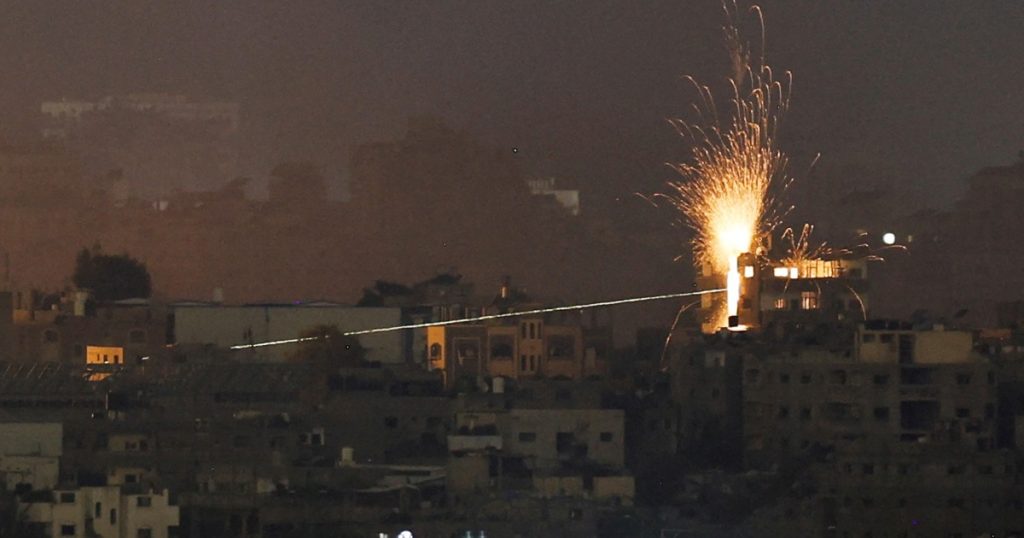In the midst of the deadly conflict in Gaza, U.S. Secretary of State Antony Blinken has emphasized the importance of prioritizing a credible post-war plan for the region instead of launching a major military ground operation in Rafah. Blinken, along with the Biden administration, has been urging Israel to get out of Gaza and work towards achieving an enduring security solution. The U.S. has opposed a full-scale assault on Rafah, warning that it would halt certain arms shipments to Israel if such an operation were initiated. This stance has led to a strain in the relationship between the U.S. and Israel as talks for a new cease-fire deal have stalled.
The situation in Gaza has become increasingly dire, with nearly 360,000 people fleeing the city following Israel’s partial evacuation order and military intervention. The closure of main border crossings into Gaza has exacerbated the crisis, leading to shortages of essential supplies, including food and fuel. The Gaza health ministry has warned of the imminent collapse of the health system due to the lack of fuel required to operate hospitals and ambulances. Despite efforts to reopen some crossings, aid organizations have faced challenges in distributing much-needed assistance to the affected population, raising concerns about a worsening humanitarian crisis.
The closure of the Rafah Crossing, the main entry point for humanitarian aid into Gaza, has further restricted access to vital supplies for the beleaguered population. In addition, the isolation of northern Gaza for months has worsened the food insecurity situation, with the head of the World Food Programme describing the area as experiencing a “full-blown famine.” While the toll of Israel’s military operation on civilians in Gaza has been severe, Hamas has shown resilience and continues to pose a threat, according to reports from the Israel Defense Forces.
Amid escalating military action by Israeli forces in Gaza, the IDF has launched operations in various areas, including Jabaliya camp in northern Gaza and Zeitoun in Gaza City, in response to intelligence about Hamas reassembling its terrorist infrastructure. Calls for civilians to evacuate certain areas have been issued in light of the ongoing hostilities. The IDF’s military incursions into Rafah and other parts of Gaza have raised concerns about the safety and well-being of civilians caught in the crossfire. The international community has called for a cessation of hostilities and a renewed focus on diplomatic efforts to bring about a lasting peace in the region.
As the conflict in Gaza continues to escalate, the Biden administration and other world leaders have reiterated their support for a peaceful resolution to the crisis. Efforts to broker a new cease-fire deal have faced obstacles, with disagreements over the best approach to de-escalating the violence. The urgent need for humanitarian assistance in Gaza remains a top priority, with calls for increased access to essential supplies and services for the affected population. The situation in Gaza underscores the challenges of addressing entrenched conflict and humanitarian crises in the region, highlighting the need for sustained international engagement and diplomatic initiatives to achieve lasting peace and stability.


